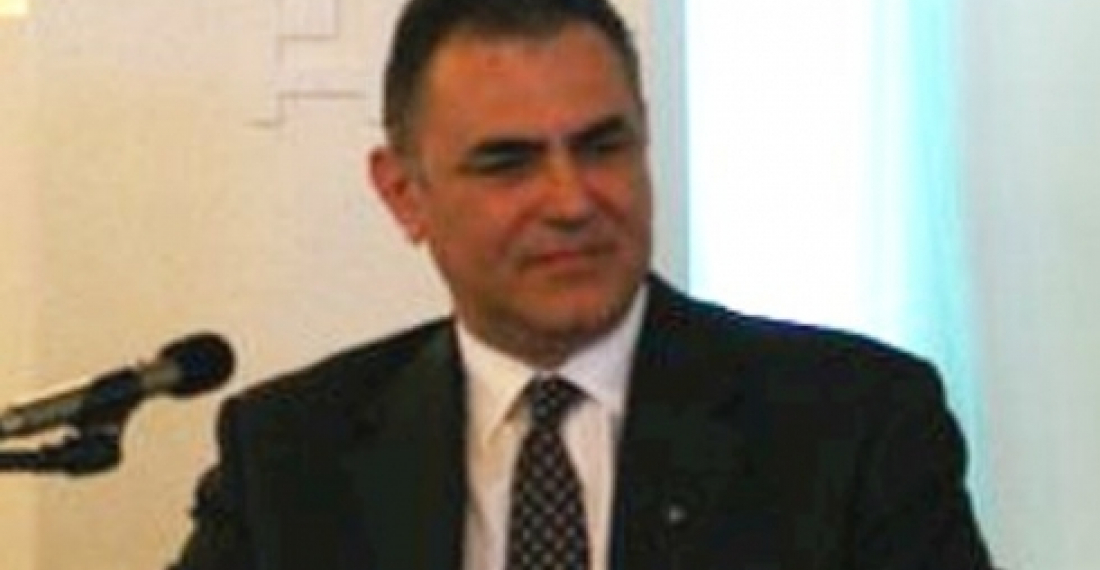Last week I met the President of Mongolia, Tsakhiagiin Elbegdorj who came to Oxford to speak at the Oxford Union Debating Society
To be honest Mongolia is not a country I ever thought much about, and I attended more out of curiosity then of any urgent interest. Landlocked – some would say sandwiched - between two giants, Russia and China, Mongolia has been both a great empire in its history, as well as a vassal of other countries. For most of the 20th century it was a satellite state of the USSR. President Elbegdorj spoke of how he and others initiated in 1989 peaceful protests that eventually led to the collapse of the Communist system in Mongolia and the creation of a democratic multi party state. It is a country with a small population of less than three million, and many rich natural resources, mostly as yet untapped.
The Mongolian President came to Oxford straight from a meeting with David Cameron, and I wondered how he would deal with his audience.
The Oxford Union Debating Society is not a place for meek speakers. I have seen very experienced politicians being torn apart by surgical questioning from students, cheered on by the audience. On this occasion the audience of around three hundred listened attentively. And it was not because they were like me, not so well informed about Mongolia. The twenty or so persons who asked questions were clearly very knowledgeable and asked pertinent and informed questions.
President Elbegdorj was polished in his delivery and eloquent in his answers. He said that his most important decision when he was prime minister in the 1990s was to free the media from any government control. He described free media as being like an air-conditioning, if you switch it off you will suffer. He defended multi-party democracy and free market economy. He defined corruption as the worst enemy of a society in transition.
Several people asked about relations with China and Russia, and this is when all of a sudden I became very interested in Mongolia. Mongolia keeps excellent relations with both China and Russia. The President said that he had met Vladimir Putin four times and President Medvedev also four times since becoming President. He also praised China, who he said “respects our chosen way of living”. But he made it clear that this relationship with the two neighbouring giants was not to the exclusion of anybody else. Mongolia was working to build good political and economic relations with both the US and the European Union.
Managing relations with large neighbours is not a unique Mongolian problem, yet Mongolia seems to have done so successfully over the last two decades. After the President’s speech I chatted with some Mongolian diplomats who were accompanying him. Mongolia has recently become a partner country of the OSCE and is working on a new Partnership agreement with the EU. It wants to attract EU investment, and is not afraid of European values of democracy and human rights, and is not afraid of talking about democracy and human rights to other countries in Asia and elsewhere. Asked about this, President Elbegdorj said “I have nothing to teach, but I have something to share”. I think he is right.
Dennis Sammut may be contacted at dennis@links-dar.org







